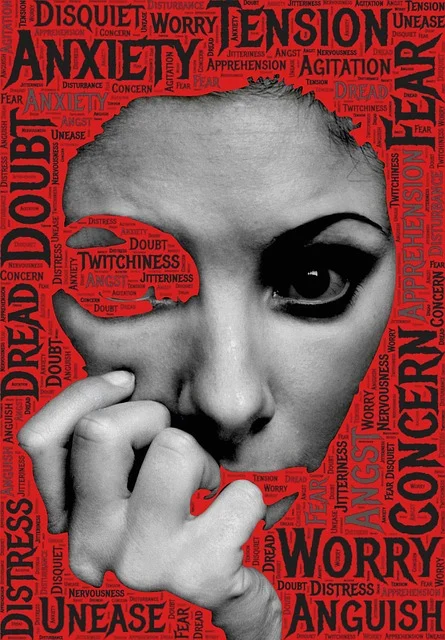A kid may experience a combination of receptive and expressive language difficulties at times. Nonetheless, a language impairment is not always indicated by poor verbal expression or a lack of understanding. This might just be the consequence of a speech impediment.
Continue reading to find out more about the various kinds, traits, causes, and tried-and-true therapies for treating childhood language difficulties.
Language disorders
Youngsters are practically born with the ability to pick up the language of their surroundings. Although learning to read, speak, and comprehend the communication around them may seem natural to a youngster, each child acquires these skills at a different rate. Children may occasionally fail to reach specific developmental milestones.
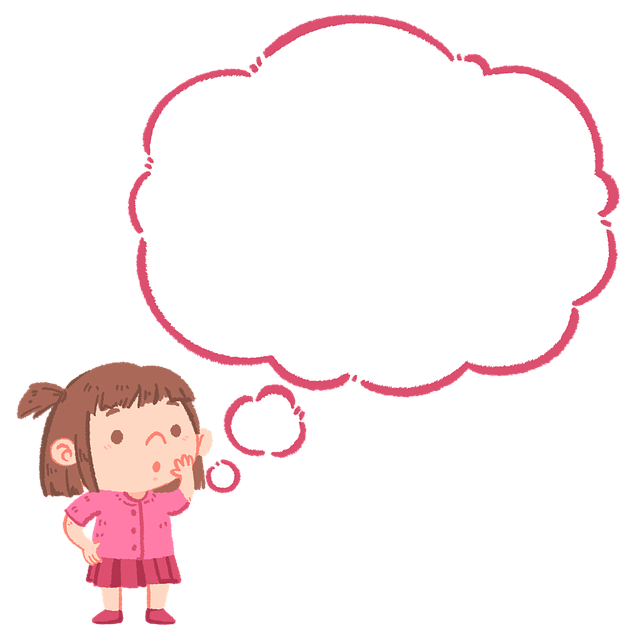
When a child can’t use language to organize their ideas, thoughts, and communications, they have a language problem. An expressive language disorder is what is called for this. Receptive language disorder is the term used to describe when a youngster struggles to grasp language.1.
Types of language disorders
Three primary categories of linguistic disorders exist:
- Expressive language disorder: With expressive language disorder, people struggle to communicate effectively when they speak. They frequently have trouble stringing coherent phrases together.
- Receptive language disorder: Individuals with receptive language problem find it difficult to understand what other people are saying. As a result, individuals frequently react in illogical ways.
- Mixed receptive-expressive language disorder: People with mixed receptive-expressive language difficulties have trouble using and comprehending language.
What is Expressive language disorder?
A person with an expressive language impairment finds it difficult to communicate ideas, thoughts, or information. Speech, writing, and nonverbal cues like gestures are all impacted by the disease. Missed early language milestones might be one of the symptoms of expressive language impairment in preschoolers. While some kids who skip these developmental stages grow up to be late talkers and catch up with their classmates, others are diagnosed with a language disability.
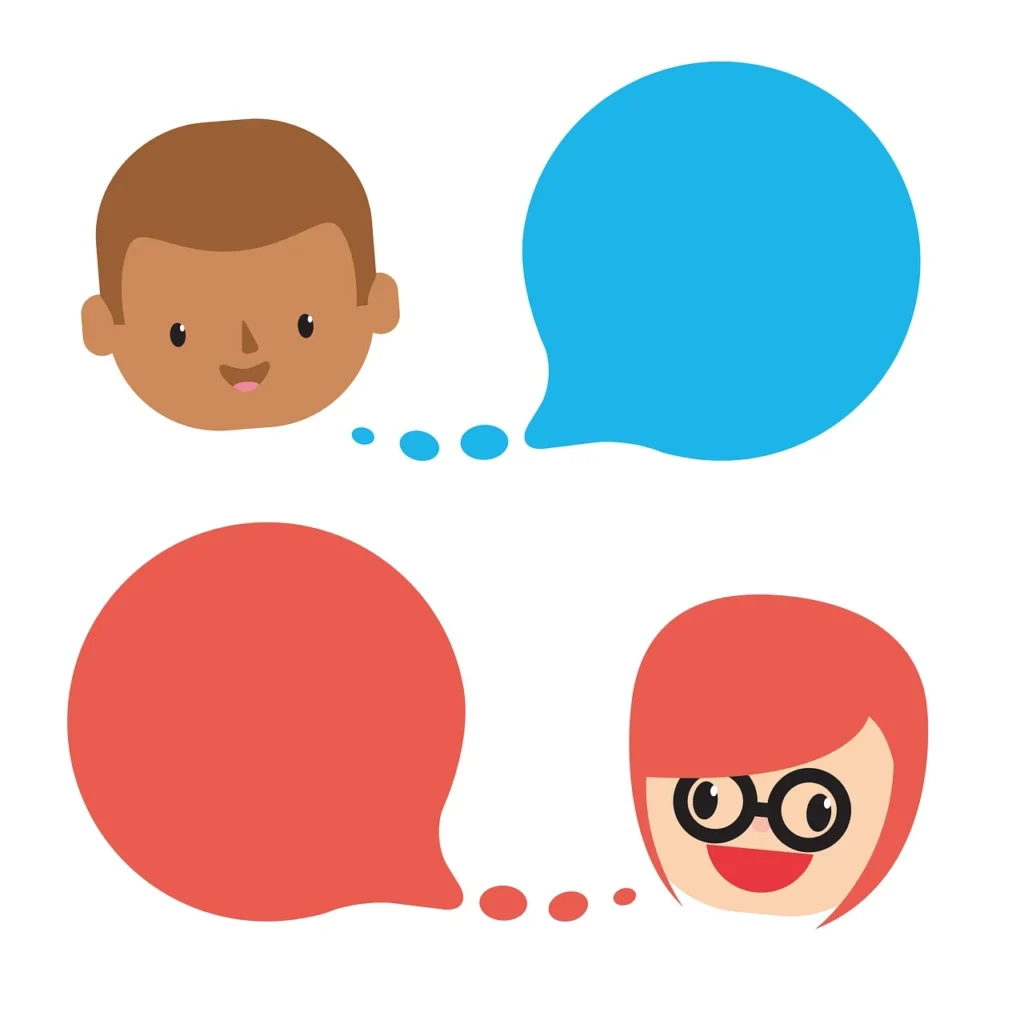
Different from expressive language delay is expressive language disorder. Children that experience a delay can eventually catch up to their age peers. Some kids with language disorders, though, might not acquire specific abilities. Individuals who struggle to interpret what they hear and have expressive language disorder may have a dual diagnosis.
Symptoms of expressive language disorder
Among the symptoms of expressive language disorder are:
- restricted vocabulary
- ambiguous language
- brief phrases, either spoken or written
- utilizing incorrect wording in sentences
- word omission,
- appearing uncertain when speaking, and grammatical mistakes like saying “I going” instead of “I’m going”
- talking in circles and having trouble expressing, summarizing, or explaining something
- inadequate note-taking techniques in the classroom;
- reiteration of inquiries from others;
- behavioral problems (caused by shame)
Individuals who suffer from an expressive language disorder could say or behave in ways that aren’t true to how they feel. Sometimes they do this to conceal their illness or to cover their embarrassment. For instance, if a child can’t pinpoint their favorite chapter in a book, they can tell their teacher that the book was dull.
What is receptive language disorder?
People with receptive language impairment experience difficulties processing both written and spoken language throughout their lives. Receptive language disorder patients have trouble understanding words and making connections between them and concepts. Consequently, they don’t always “get” what other people are saying.
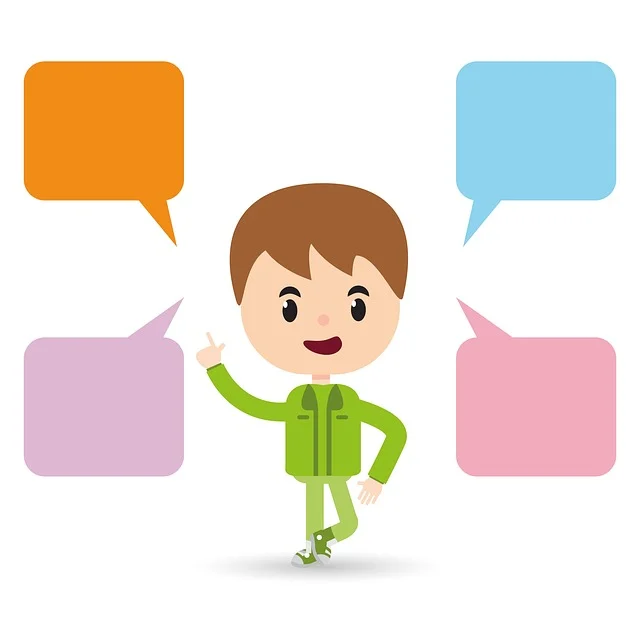
Because of this, it could be challenging to build relationships with others in work, school, or in the community. Additionally, it may lead to social withdrawal.
It’s possible for those who suffer from receptive language impairment to struggle with cognitive organization. It can occur when writing or speaking. Hearing problems are not the cause of receptive language dysfunction. Furthermore, speaking different languages does not cause it. However, it can also be challenging to interpret what others are saying in similar circumstances.
Symptoms of receptive language disorder
Developmental issues are typically associated with language. They begin in the early years of life. Receptive language disorders in children can manifest as early as Pre-K. (These problems can also develop later in life in those who have had a brain injury or sickness. We refer to this as aphasia.)
Common indications of receptive language dysfunction include the following:
- ignoring conversations
- Having trouble adhering to instructions
- Having difficulty responding to inquiries
- interrupting those in conversation
- requesting that others repeat what they say
- supplying “off” replies
- Misinterpreting what has been expressed
- Not understanding humor
Mixed receptive-expressive language disorder
As its name suggests, mixed receptive-expressive language disorder impairs both the receptive and expressive domains of communication. Understanding language is referred to as receptive language, and producing words or phrases is referred to as expressive language.
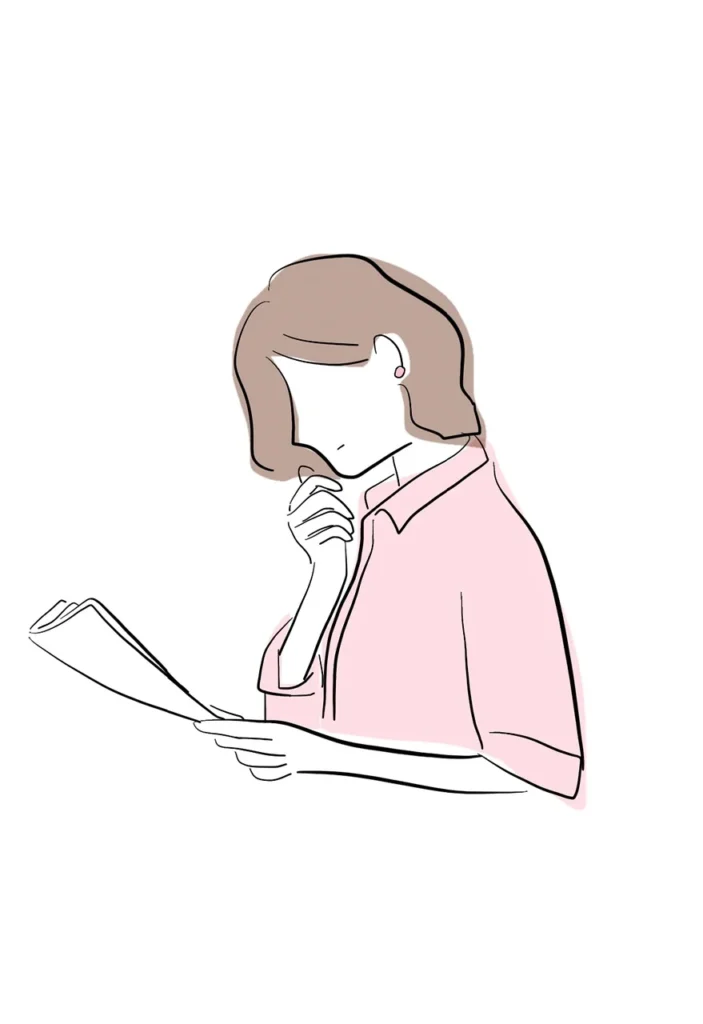
Often, difficulties processing speech sounds or learning appropriate words to employ in context from observing how others communicate are the cause of developmental delays in articulation or self-expression in some children. These are the two areas in which children with mixed receptive-expressive language dysfunction will struggle. This condition can have extremely modest to severe symptoms.
Symptoms of mixed receptive-expressive language disorder
Here are a few of the most typical symptoms and indicators to watch out for:
- Limited vocabulary;
- incapacity to speak at the same level as youngsters their age; difficulty formulating sentences
- Having trouble using right language and tenses
- Having trouble comprehending someone when they’re speaking
Causes of language disorder
A child with a language issue is one who does not acquire the typical abilities required for speech and language. Because the causes of language issues are uncertain, the phrase “developmental disorders” is frequently used to describe them.
Brain Injury or Disabilities
Even though the exact causes of these ailments are unknown, there are some elements that are strongly associated with them. In example, language difficulties frequently co-occur with other developmental diseases including autism and hearing loss. Language issues can sometimes coexist with learning disabilities in children.
Language difficulties are also associated with aphasia. Damage to the area of the brain responsible for language is the cause of this illness. Brain infections, head trauma, and strokes can all result in aphasia. A linguistic issue may be more likely to develop as a result of the injury.
Treatment of language disorders
The collaborative efforts of parents, educators, speech-language pathologists, and other medical specialists are frequently used to treat the disorder.
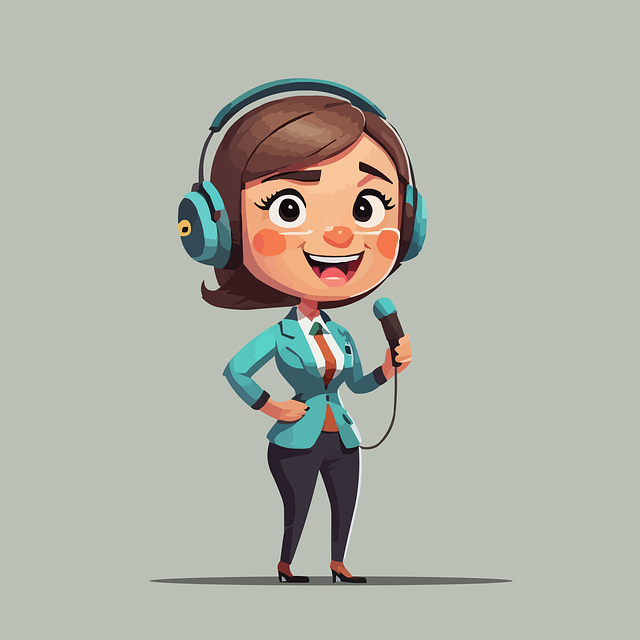
Medical examination
Getting a complete physical from your doctor is the first thing you should do. This will assist in ruling out or diagnosing further ailments, such a hearing issue or other sensory impairment.
Language-based therapy
Speech and language therapy is a frequent treatment for language disorders. The age of your child as well as the nature and severity of the ailment will determine the course of treatment. For instance, your child might attend group sessions or one-on-one therapy sessions with a speech-language pathologist. Your child’s speech-language pathologist will identify their deficiencies and tailor their treatment accordingly.
For a successful outcome, early intervention is frequently crucial.
Psychotherapies
Acting out can occur when one finds it difficult to understand and communicate with others. This can be frustrating. In order to treat emotional or behavioral disorders, counseling may be required.
Options for at-home care
At-home work with your child can be beneficial. Here are some pointers:
- When you ask your child a question, make sure your voice is clear, slow, and brief.
- As soon as your youngster responds, wait patiently.
- Keep things laid back to ease people’s nerves.
- After you’ve given an explanation or an order, ask your youngster to explain it in their own words.
It’s crucial to communicate with teachers on a regular basis. In class, your child can be quiet and reluctant to engage in activities that require sharing and conversation. To better prepare your child for upcoming conversations, find out in advance what the teacher plans to do in class.



